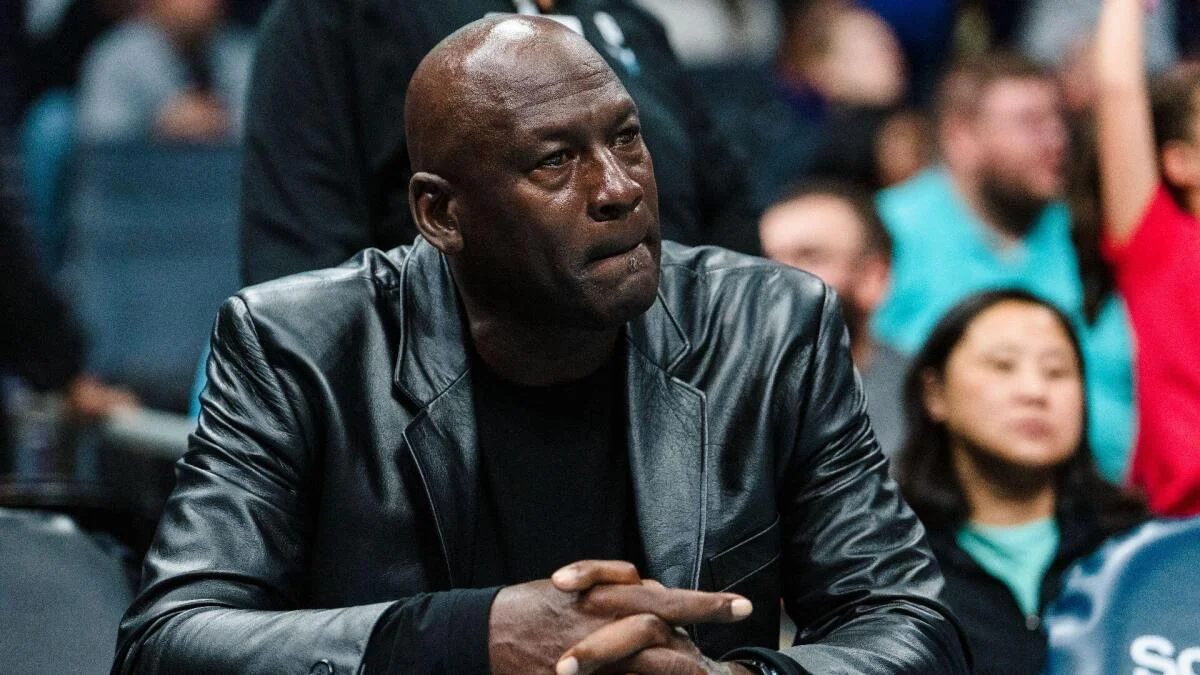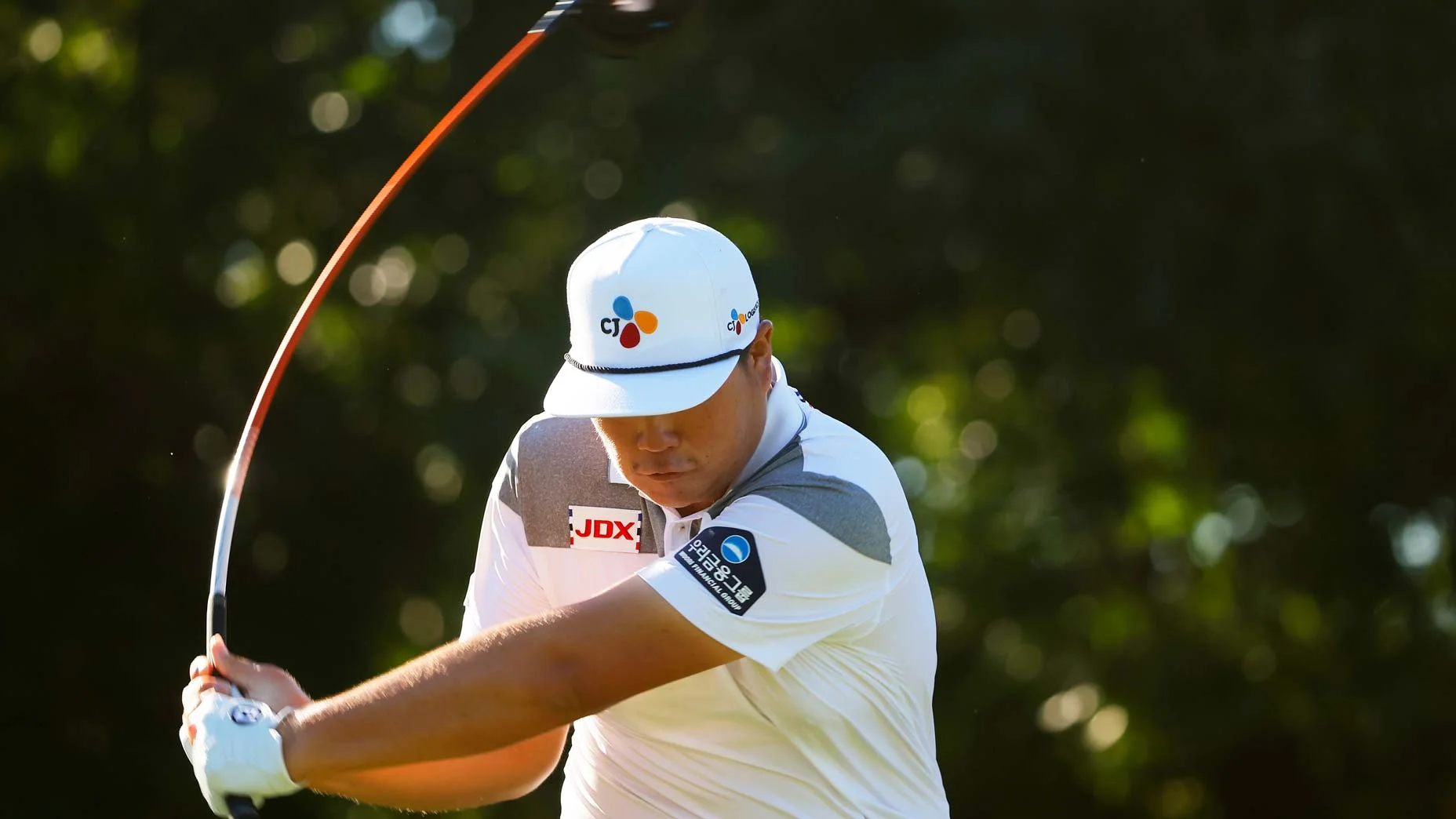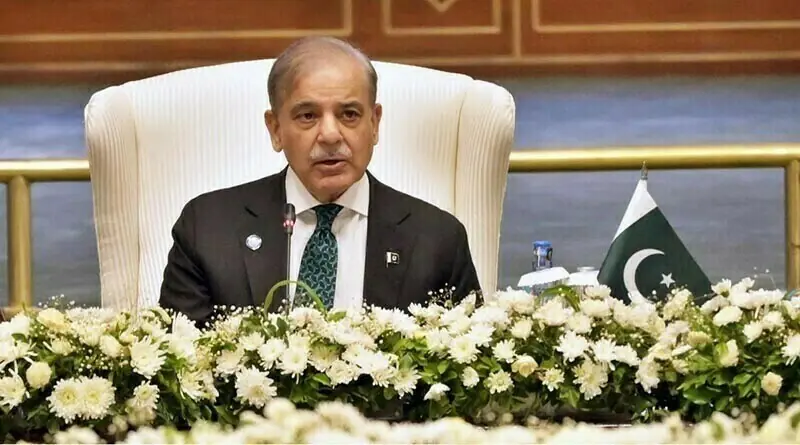Copyright CBS Sports

Michael Jordan shared his insights on load management as the second installment of the "Insights to Excellence" series aired after the Bucks 121-111 win over the Knicks on Tuesday night. Unsurprisingly, Jordan isn't a fan of the increase in players taking games off to rest their bodies over the course of the 82-game season. "It shouldn't be needed, first and foremost," Jordan said. "You know, I never wanted to miss a game because it was an opportunity to prove -- it was something that I felt like, you know, the fans are there that watch me play. I want to impress that guy way up on top who probably worked his ass off to get a ticket or to get money to buy the ticket." Over his 15-year Hall of Fame career, Jordan rarely played in fewer than 70 games in a season. In fact, the three times it happened, one was due to a broken foot that limited him to 18 games his sophomore season, the second was when he came out of retirement midseason in 1995, and the third was in his first season after coming out of retirement the second time. "You have a duty that if they're wanting to see you and as an entertainer, I want to show, right?" Jordan said. "So if the guys are coming to watch me play, I don't want to miss that opportunity. Physically, if I can't do it, then I can't do it. But physically, if I can do it and I just don't feel like doing it, that's a whole different lens." Michael Jordan discusses last time shooting a ball, why he wishes he could still play in broadcast debut Carter Bahns Jordan then referenced his famed "flu game" during the 1997 NBA Finals. In Game 5 of that series against the Utah Jazz, Jordan fought off flu-like symptoms to lead the Chicago Bulls to a win and take a 3-2 lead in the series. Despite running a temperature of 103 degrees, Jordan dropped 38 points in the win. "I could never leave my comrades if I could perform. Utah, great example. You know, everybody said it's a Game 5, which is very pivotal game," Jordan said. "I was going to find a way to get out there, even if I was a decoy. Well, once I got out there, you never know how you're pushing yourself. You never know what happens, right? Next thing you know, the emotions, the situation, the need of the team, all those things catapulted me to, I'm gonna gut this thing out." Jordan is far from the only legend of his era to criticize load management, but trying to compare the two eras is like comparing apples and oranges. The game was far more physical in Jordan's era, but the game is much faster today, and more demanding even without the level of physicality that existed in the '80s and '90s. Load management is also often not a decision made by the players. "It's usually not the player that is going to the training staff and saying, 'Hey, I don't have it tonight.' It's usually the other way around," Golden State Warriors superstar Stephen Curry once said. "There's a lot of science involved." But something tells me that even if a team doctor told Jordan he should sit a game to rest his body, he'd probably say no. That's just the type of player he was.



